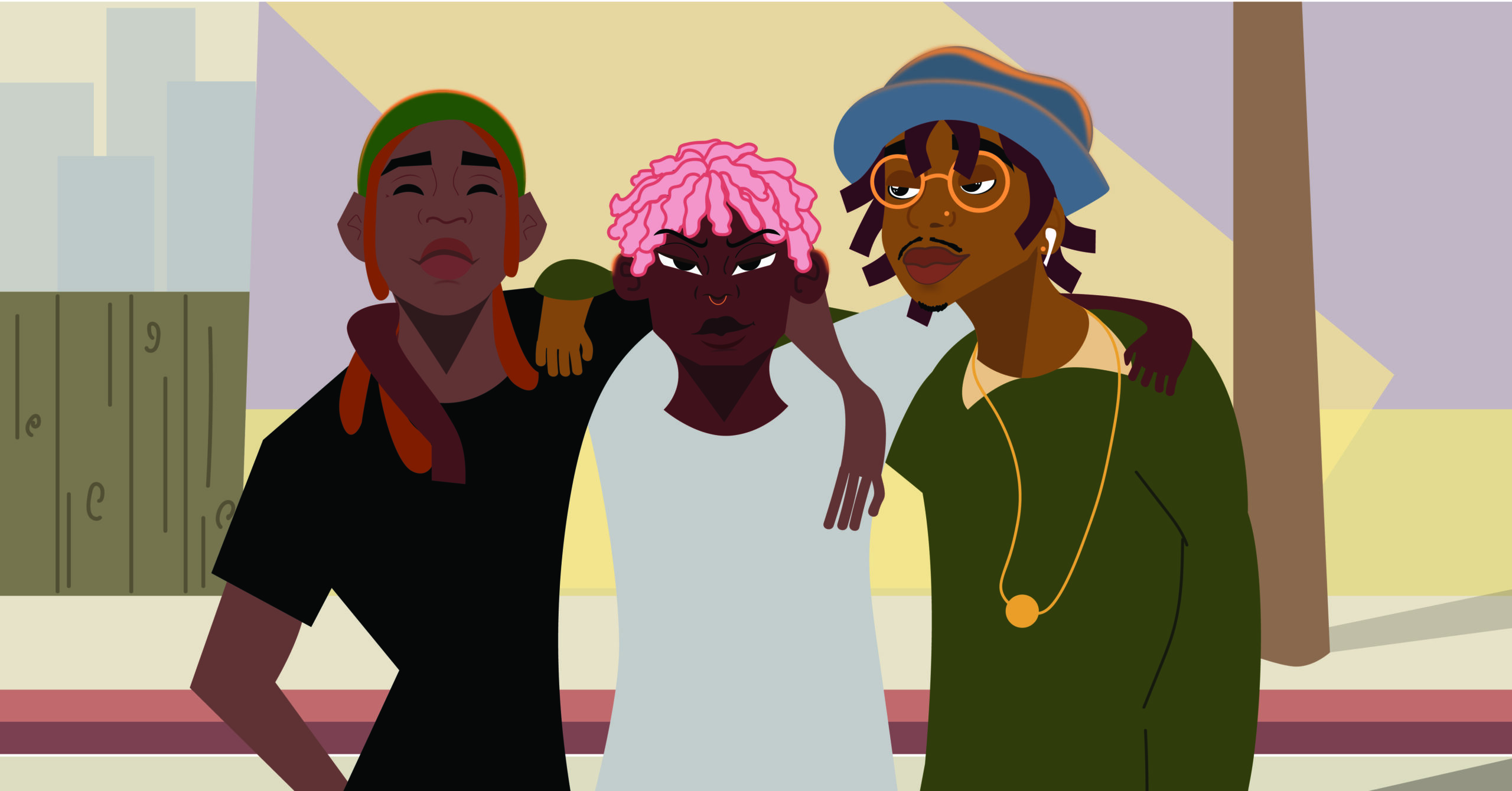When Black excellence backfires
Allowing Black people to be normal is real allyship.
In recent years, the “Black Excellence” hashtag has gained widespread attention on social media. Every day, there seems to be a prodigal Black kid absolutely crushing records in science, academics, or even in sports. And you know what? Good for them! In a society that mocks the Black identity only to steal from it, we need positive images of Black people.
For centuries, media representations of Blackness were demeaning, belittling and, well, racist. These images not only perpetuated negative stereotypes but impeded on our community’s ability to break the glass ceiling and to exist in realms of excellence and prestige. As a response to those offensive depictions, #BlackExcellence serves as an alternative. The hashtag shows Black people earning respect in such spaces of excellence by being exceptional.
But here’s the thing with #BlackExcellence: when we emphasize achievement as the primary way of empowerment, we pressure Black people into unrealistic standards of exceptionality. We teach Black children that they must display superhuman qualities in order to be seen or heard. Despite its initial intentions of empowerment, #BlackExcellence has become sort of an expected standard for the Black community.
During this Black History Month, I want to shed light on the negative effects of positive Black representation on the Black community. And if you find that previous statement counterintuitive, please bear with me.
The first downside of #BlackExcellence affects Black women and their relation to beauty. The #BlackGirlMagic movement—an undercurrent of #BlackExcellence—is a good example of this. This hashtag started off with an inspiring wave of content representing stunning Black women, and stunning Black women only. From large afros and hourglass shapes to oiled-up skin and modelesque faces, the women at the forefront of #BlackGirlMagic have become beauty standards of their own. What about the Black girls who do not have these physical attributes? Not that most Black women aren’t stunning (from what I’ve seen on the University of Toronto Mississauga campus, trust me, they are), but most Black women should not have to look like supermodels for you to pay attention.
Second, #BlackExcellence content perpetuates white supremacy. Yes, you read that right. It teaches us that our worth is measured by how well we integrate into white spaces. In addition, #BlackExcellence content shows achievement but only through white metrics of success. A Nobel Prize. A Grammy. All of these institutions are, at their core, Eurocentric, and have routinely shunned Black people. This is where #BlackExcellence supposedly comes in; it shows us that Black people have the potential to enter such spaces. And to that, I say: duh! Black people have been displaying talent, brilliance, strength, and ability for millennia. There’s nothing new here, there really isn’t.
The problem with #BlackExcellence is its subconscious adherence to white supremacy. By promoting the belief that Black talent must be recognized by white institutions, #BlackExcellence fails to actually define excellence on our own terms.
Lastly, #BlackExcellence content makes space for privileged Black people—those who are educated, well-spoken, and well-read. Yet, by limiting Black representation to Black people in academia, in sports, and in entertainment, #BlackExcellence content forgets about those who cannot exist in those spaces. What about unemployed Black people? Black college dropouts? Don’t they deserve the same hype Black doctors receive? That is, in my opinion, the biggest downside of #BlackExcellence—it sometimes tends to be classist and only empowers Black voices of a certain standing. Although it is important to encourage social mobility in our community, we should not define success through an elitist point of view. We already deal with systemic racism, and we certainly do not need another ladder to climb.
That said, #BlackExcellence content still comes from a genuine desire for community empowerment. I cannot sit here and deny that. When I have children of my own, I hope to expose them to positive representations of Black people doing amazing things. But I also want my children to know that I will love them with all my heart, even if they do not make it into history books.

